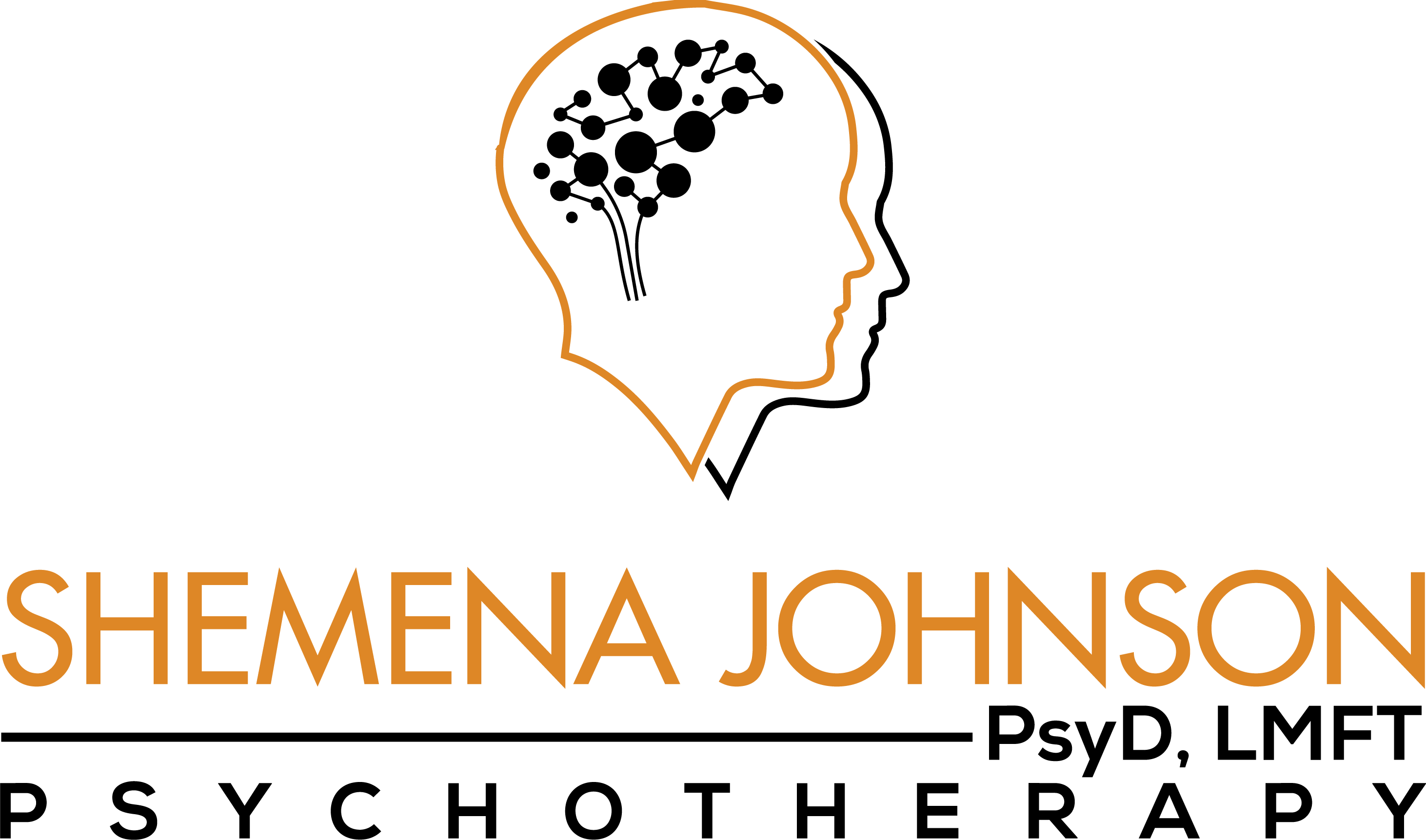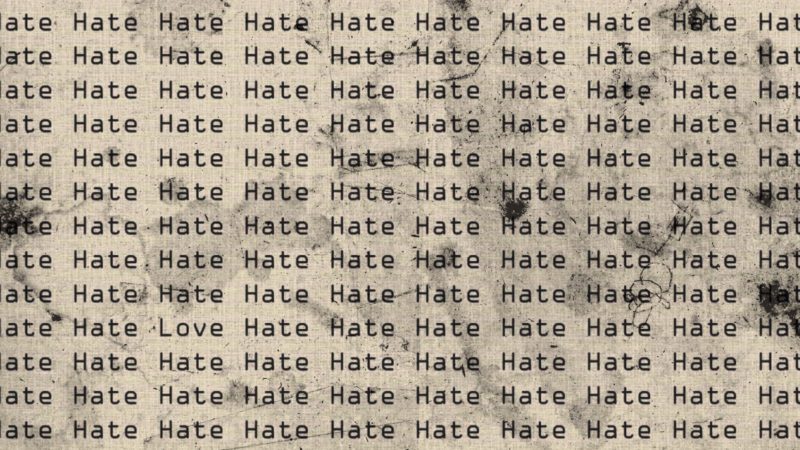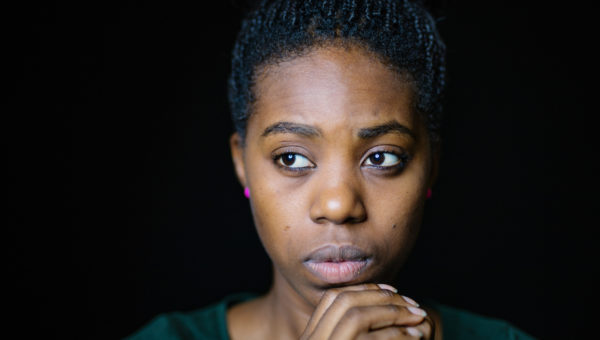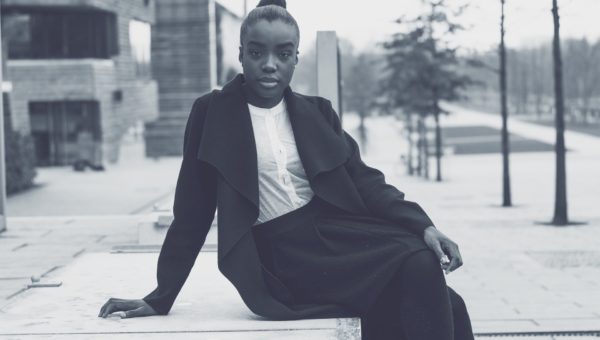Hate.
It’s one of the strongest words in the English language and most people avoid using it unless it truly applies. Much like the warm tingling feelings of love, hate can be just as overwhelming and consuming. When we talk about hatred, we are talking about an unconscious and sometimes conscious dynamic that can be externalized in the form of hatred of others, or internalized through being hated or hatred of oneself. The latter can also easily be projected onto others as a way to alleviate their own pain.
I think it’s a basic truth that most people have experienced some form of hating or of being hated on. I have come to understand that hatred is a normal human feeling that can have monstrous results if acted on. Because of the results, we think of hatred as negative or taboo. It’s like racism: if we don’t talk about it, it doesn’t exist. This collusion of silence makes hatred dangerous.
We all have stories marred by hate. Hatred has left scars on all of us; some people have healed by growing from and refusing to succumb to hate, and some of us have only healed because we have allowed ourselves to hate.
I have had many conversations inside and outside the therapy room about hatred. Some of these conversations are a denial of the existence of hatred, “All of those hateful things are in the past. Things are different now.” Another conversation reflects the opposite sentiment, “I don’t deserve to be with anyone, they are better off without me.” This experience reveals how internalized projections of hatred conceal themselves within the sense of self.
Another experience I recall was during a conversation with my sister, we were talking about our incidents with racial discrimination during our time in grade school. My sister told me that once she overheard a teacher making disparaging comments about some of the minority kids in school, “I don’t think they’ll ever become successful.” This blanket statement became a traumatic memory that never left my sister. She was stunned by this teacher’s statement and even more stunned that someone who was encouraging to their students in the classroom could make such a horrible statement. How could this educator make a judgment about her future without even knowing her? Within a few seconds, this offhand comment became a deep insecurity for my sister, and any future failures would be clouded with the thought that maybe the teacher was right. We both agreed that there were similarities in our experiences growing up that stuck with us, and those experiences shaped our understanding of discrimination.
Now, I’m sure you’re thinking that discrimination is not hatred. This is inherently true. However, it’s not a far leap to get from one to the other. When a group of people are consistently discriminated against based on their race, sexuality, or religion, these implicit and explicit messages signify that they are disliked, not enough, unwelcome, or unsafe. Furthermore, the compounding effects of these experiences progresses into a sense of distress and the development of a negative self-image.
A lot of individuals have been conditioned to think of hatred as the force behind an action. I hate you. They hate our beliefs. We hate these people. The hate is shouldered by the hated. Especially in racist hatred, the kind of deep-rooted hatred that is familiar to most people when they think of hate. But, there are more ways on how to think about hate. There is:
Being hated
Hating the self
Hating the other
Being hated is a feeling that equalizes humans. It can be described as feeling despised, attacked, and not good enough. If you feel hated for an aspect of yourself you cannot change, like your skin color, gender, or sexuality, or even something trivial like the way you eat your waffles, it can affect how you interact with others and how you view yourself. Even if you love who you are, the weight of hate pushed onto you from others, can make it start to feel overwhelming. Hatred from others can harbor insecurities and negative thoughts that would otherwise not be there.
When you hate yourself, it opens up a gateway to a flood of negativity. Your self-hate is baseless and deeply rooted and unlike external hate, hating yourself is inescapable. Self-hate becomes a foundation for inadequacy. To hate yourself is to have an omnipresent ball and chain, that does not lessen with success, love, or material gain. It is there until you make the choice to unravel yourself from it and begin to seek self-love, until then it can push you into a place where you are seeking the love you need for yourself in the form of others, regardless if they are equipped to give it to you or not.
One of the most discussed forms of hatred is the hatred of others. Hatred of others happens on a small scale when a person hates another person or on a larger scale, when a group of people hates another specific group of people. Some of the biggest events in history have come from the hatred of others, the Holocaust, the Crusades, the Armenian genocide, Apartheid, and countless others all have root causes in hate. When there is true disdain for a certain category of people, it can be blinding. It can drive a person to act irrationally and seek out anything to justify their hate in order to hold onto it.
Racism is a type of hatred that becomes normalized extremely early and develops without questioning why. You are not born believing that someone is inferior to you because of their skin color. It is taught. This is especially true in a family dynamic. The elders of a family teach their children to hate without having to articulate it; when you cross the street at the sight of a person of color, when you express disdain for the kind of people that live in public housing, when every injustice towards a darker skinned person is met with “well maybe they should’ve listened,” you are showing your child that it is okay to hate. They digest it without the ability to see it for what it is. Even in the face of a more tolerant world, the hate will fester within that family for generations.
A young child that has grown up only being shown that a particular group of people are to be hated for unjustifiable reasons, they perpetuate these roles in society and react to those around them with the same hatred, even though they don’t fully understand it. What if these unconscious processes were made conscious? Hatred would be less likely to be acted out. If more people explored the origins of their motivations and behaviors, they would be less susceptible to the manipulative influence of others.
Of all the types of hatred, the hate for others can be the hardest to overcome. You have to untangle yourself from the anger, falsities, and ignorance that have been passed from parent to offspring, binding you to your ancestors. It means accepting that you will lose access to members of your family because of their unwillingness to change and admit they were wrong. When hate is a family heirloom it almost feels personal to reject it.
There is a fine line between love and hate, and as much as it pains us to admit it, these two seemingly polar opposites of emotions share a striking resemblance. Love, like hate, can be a powerful emotion that effects how we react to those around us. Love unites people and creates strong, memorable bonds that link one together forever. The chains of hatred can be easily broken with time and effort.







